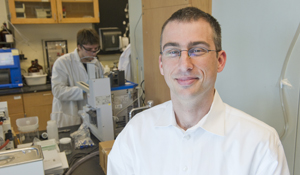“This drug seems likely to be approved for sleeping sickness, and is an excellent example of drug discovery scientists ‘rescuing’ a compound that was otherwise in the dustbin of a large drug company,” Michael Pollastri, an associate professor at Northeastern University, told HuffPost.

